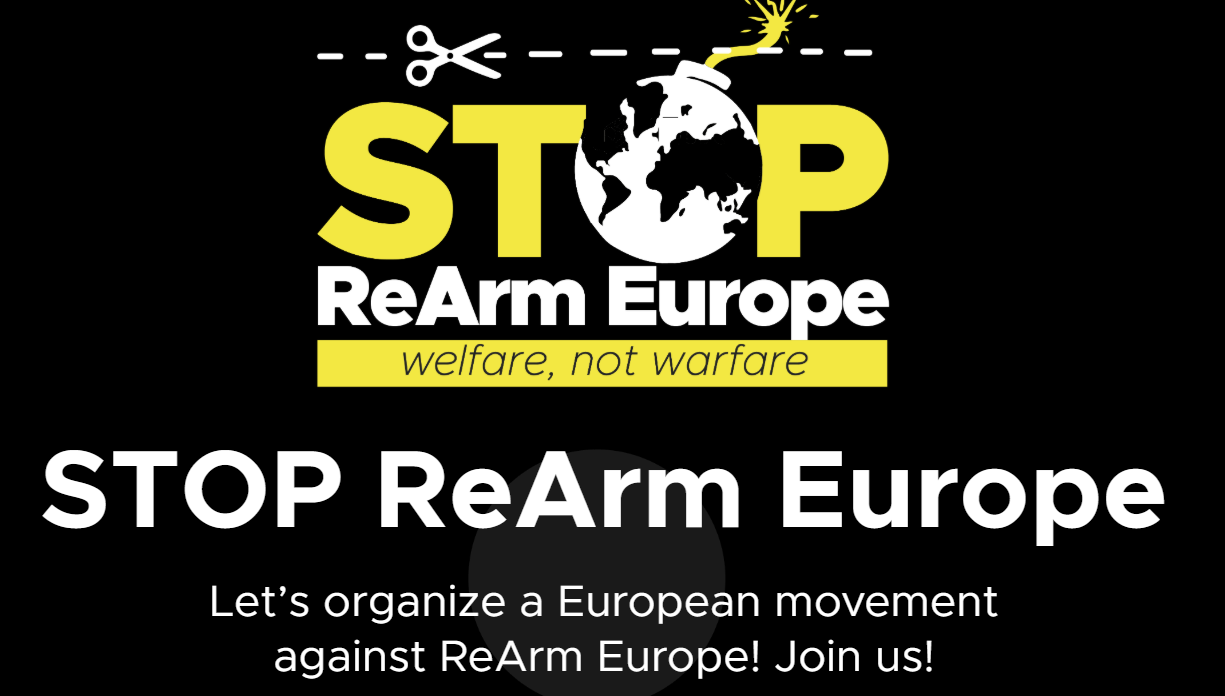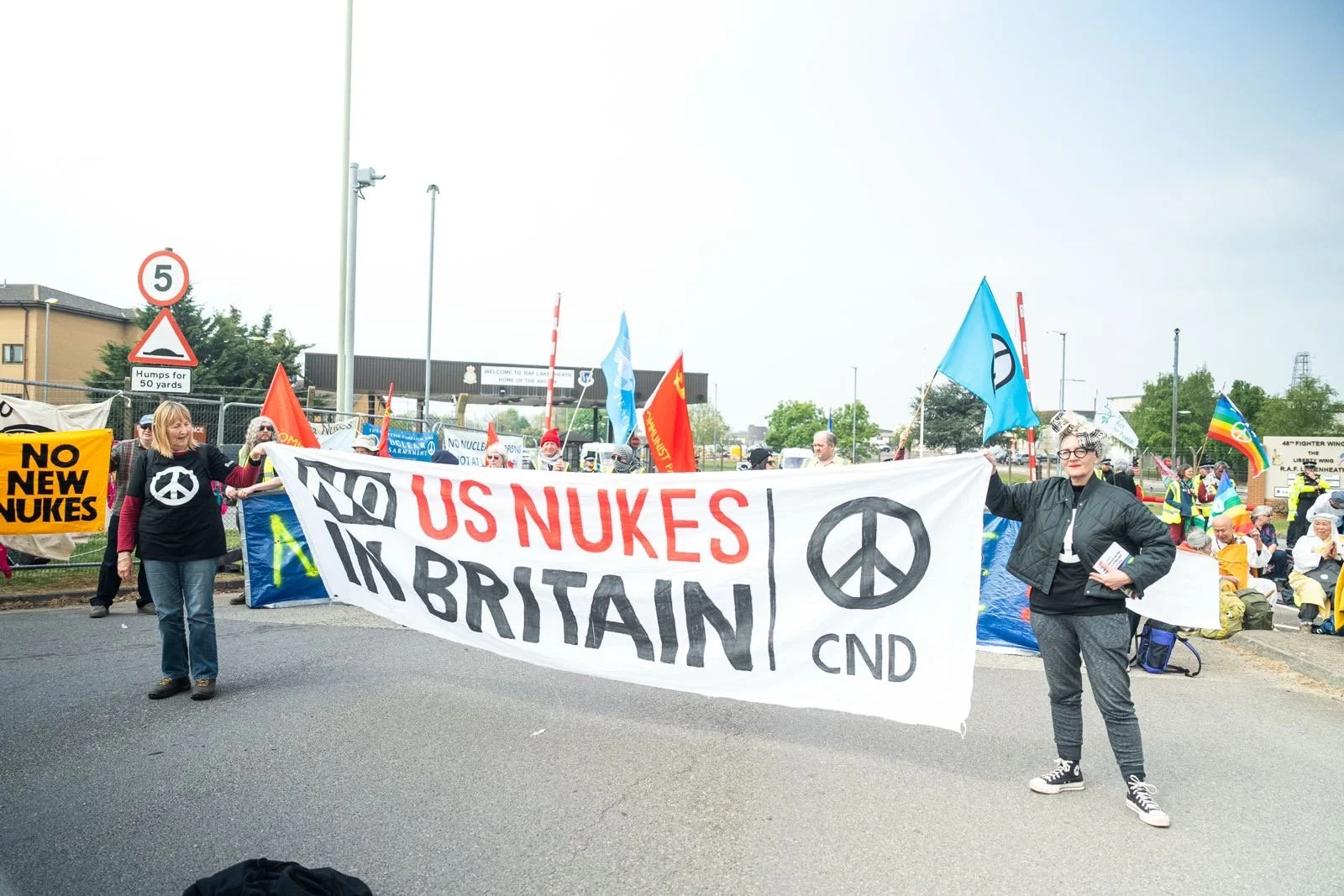Check this video exploring the links between gender, race and nuclear disarmament! Organised by London CND in collaboration with East Midlands CND and Youth & Student CND.
Learn why nuclear disarmament is a feminist, anti-racist and anti-imperialist struggle in a snappy video animated by two leading anti-nuclear campaigners from Australia and the US.
Structure: 25 min panel on Gender, Race & Nukes + 25 min ‘devil’s advocate’ game to equip ourselves with anti-nuclear arguments
-------------------------------------------------------------
Speakers
Karina Lester is a Yankunytjatjara Anangu woman whose community was affected by the British nuclear testing program in South Australia in the 1950s. Her own father, Yami Lester, was permanently blinded by the nuclear fallout of Totem 1 when he was a child. During the negotiations for the Treaty on the Prohibition of Nuclear Weapons, she travelled to New York with a petition from indigenous people across Oceania to promote the inclusion of provisions on assistance to nuclear survivors and environmental remediation. She will also tell us about uranium mining and plans to dump nuclear waste on Aboriginal lands in South Australia.
Ray Acheson is the Director of Reaching Critical Will, the disarmament programme of the Women's International League for Peace and Freedom. She has been involved with intergovernmental disarmament processes since 2005, providing reporting and analysis on nuclear weapons, the international arms trade, armed drones and autonomous weapons. She was involved in developing the strategy and advocacy of the International Campaign to Abolish Nuclear Weapons (ICAN), which won the Nobel Peace Prize in 2017, in the build up towards the Treaty on the Prohibition of Nuclear Weapons. ** Devil’s advocate game ** The perfect occasion to learn how to tackle pro-nuclear weapons arguments! Guided by Mélina and Jinsella from Demilitarise Education (dED), we’ve used digital sticky notes to respond to common comments on nuclear weapons in order to solidify our argument. Chilled atmosphere and witty rebuttals!
----------------------------------------------------------------------------
3 KEY REASONS WHY bringing a gendered perspective on nuclear weapons is important:
You might think nuclear weapons kill all indiscriminately, but research shows that women and girls are twice more likely to develop cancer as a result of exposure to radiation or nuclear fallouts (ICAN, 2020).
Despite the disproportionate effects, women are vastly under-represented in decision-making regarding nuclear weapons: almost 1/2 of all country delegations at any international diplomatic meetings on nuclear weapons are likely to be composed * entirely * of men (ICAN, 2020).
And of course, the discourse around nuclear weapons is highly gendered. Being ready to use nuclear weapons is seen as masculine and strong, while wanting to disarm is often described as feminine and weak...
3 FACTS ABOUT RACE AND NUCLEAR WEAPONS
The question of race underpins the entire chain of nuclear weapons: from uranium mining, to nuclear research, testing and waste disposal.
From 1946, around 315 nuclear tests were carried out in the Pacific by the US, Britain and France. These nations’ largest ever nuclear tests took place on colonised lands and oceans, from Australia to the Marshall Islands, Kiribati to French Polynesia. This is referred to as ‘Nuclear Colonialism’
The total number of global cancer deaths as a result of atmospheric nuclear test explosions has been estimated at between 2 million and 2.4 million, the majority of which indigenous locals, even though these studies used radiation risk estimates that are now dated and likely underestimated the risk. (Swinburn University, 2020)





